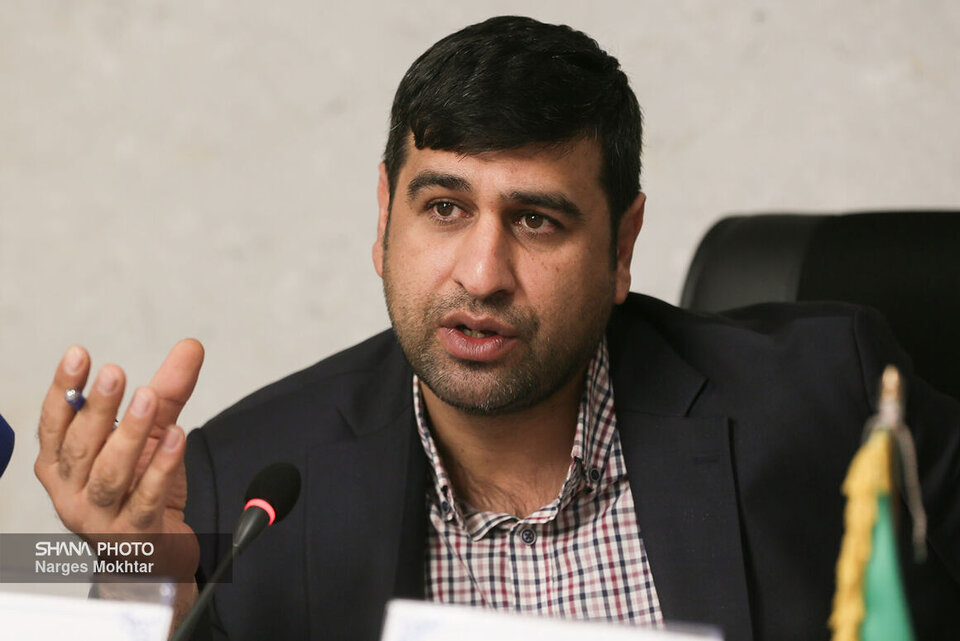Mohammad Sadeq Jokar, who made the remarks in an interview with Shana, regretted that such agreements have rarely promoted cooperation in economic and energy sectors.
He called for Iran’s economic, infrastructure, and social sectors to take the second stride toward boosting economic cooperation.
Cooperation between Iran and Saudi Arabia has been in the past limited to OPEC affairs, recalled the official, adding, “[Even] now, some analysts limit the two countries’ cooperation on OPEC affairs, which is an obvious rather natural issue.”
Getting closer to Saudi Arabia, as the leader of the Arab world, could help Iran reach a similar agreement with the Arab country’s allies such as Kuwait and the United Arab Emirates (UAE), noted the IIES chief.
Arab states, particularly Saudi Arabia and the UAE, are in dire of gas in summer, mentioned Jokar, continuing their need could be an opportunity for Iran to take the first step toward cooperating with the Middle East countries through exporting gas, if domestic need is met.
He pointed to Iran’s Arash natural gas field shared with Kuwait and Saudi Arabia, saying no integrated operation has been so far carried out there and its development could be the second step toward Iran’s cooperation with Saudi Arabia and other Middle East states, as Iran could export the field’s gas to these two countries while developing it jointly.
The third benefit Iran could derive from its cooperation with Saudi Arabia is the speedy development of relations with other countries, Jokar emphasized.
He said Tehran-Riyadh détente could bring another benefit to Iran, as it would help the country resolve energy challenges in the Middle East region, including the contract with the UAE’s Crescent Petroleum, peacefully.
The IIES head also referred to investments of Saudi Arabia and other Arab states in Iran’s upstream and downstream sectors of oil and other industries as another benefit of the Tehran-Riyadh diplomatic agreement.


Your Comment